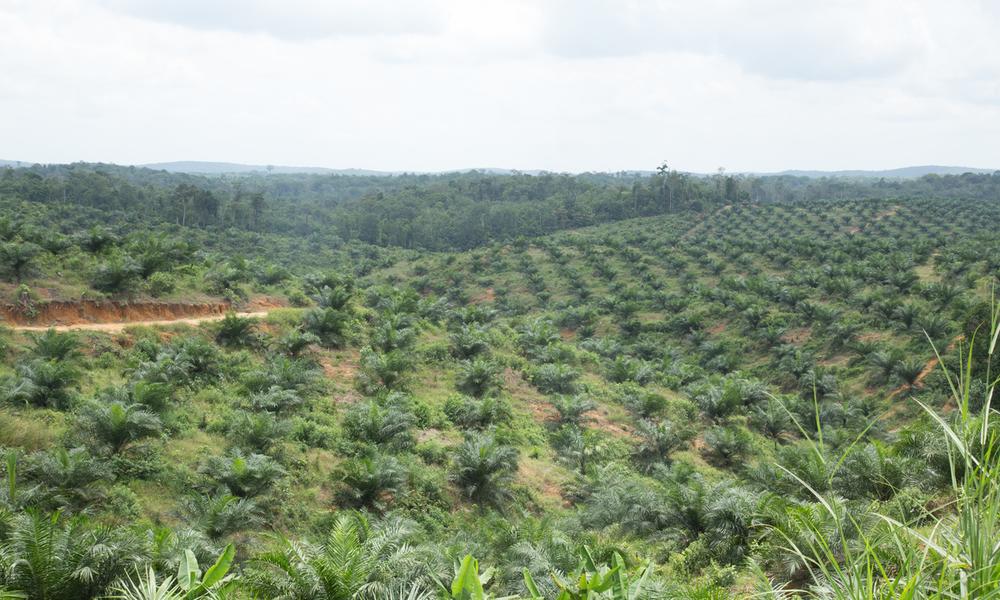Admin · 1 year ago
WHAT SOLUTIONS ARE THERE
Palm oil can be produced more sustainably and there is a role for companies, governments, and consumers to play. The Roundtable on Sustainable Palm Oil or RSPO was formed in 2004 in response to increasing concerns about the impacts palm oil was having on the environment and on society. The RSPO has production standards for growers that set best practices for producing and sourcing palm oil, and it has the buy-in of most of the global industry. RSPO encourage companies to: Set robust policies to remove deforestation, conversion of other natural ecosystems, such as peatlands, and human rights abuses from their supply chains Buy and use RSPO certified palm oil across their operations globally Be transparent in their use and sourcing of palm oil ensuring they know who they are buying from and where it’s been produced It is important that the palm oil industry continues to invest in and grow support for and smallholder programmes and sustainable landscape initiatives. WWF is also working with governments in both palm oil using and palm oil producing countries to make sure that national laws are in place to ensure that any palm oil traded is free of deforestation, conversion and exploitation.
